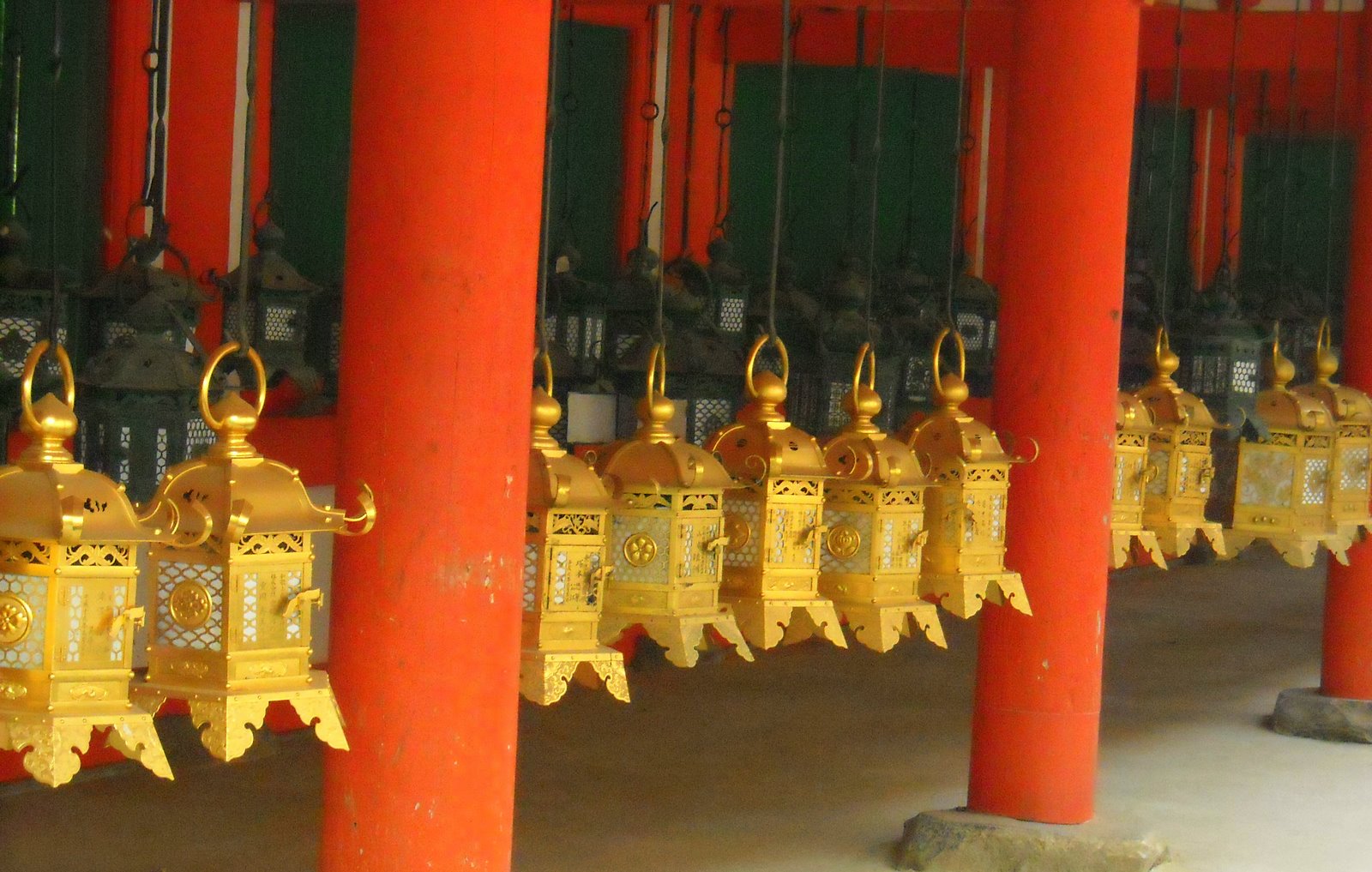I am at a presentation with several Japanese lawyers and legal scholars. One quips at some point that “the Japanese don’t really make wills.” When asked why, he shrugged and said “Japanese people want to be liked, they don’t want to choose.”
Now there is a universal truth – we all, even in death, want to be liked. And we all don’t want to make decisions that might hurt a loved one.
Of course it is more complicated than the esteemed professor let on, in part because Japanese laws and Japanese culture are so different from our own. Some of this is an expression of a cultural norm of understatement, with one writer observing that “In Japan… individuals don’t write wills; they express their wishes in vague and polite terms, but nothing is written down. “
But less needs to be written down because, under Japanese law, there is less property for an heir to distribute. Anywhere from one third to one half of any estate is set aside and divided along strict mathematical guidelines based on the relationship to the deceased. For example, a spouse will get up to 50% automatically; each child gets ten percent, etc.
However, one author states, “in Japan: the public law is clear and mathematical; in private practice, families reach consensus without any open discussion” with most heirs disclaiming their share in favor of one person who inherits all the estate.
There are some other ways in which Japanese laws differ from those of the United States. There is no probate in Japan, the property passes immediately to the heirs up the person’s death; the estate tax is paid by the individual heirs and not the estate, and is based on where the heir lives.
But the universal human feelings true in any country:
We hesitate to make a choices that will disappoint our loved ones; we want to be liked, even in death.
And we procrastinate.
Another universal truth: not making a will is still making a choice. You have decided to let the state decide for you who gets your estate, from personal items, your accounts, your treasured collections.
Hmmm, I wonder how many heirs will like that decision?
